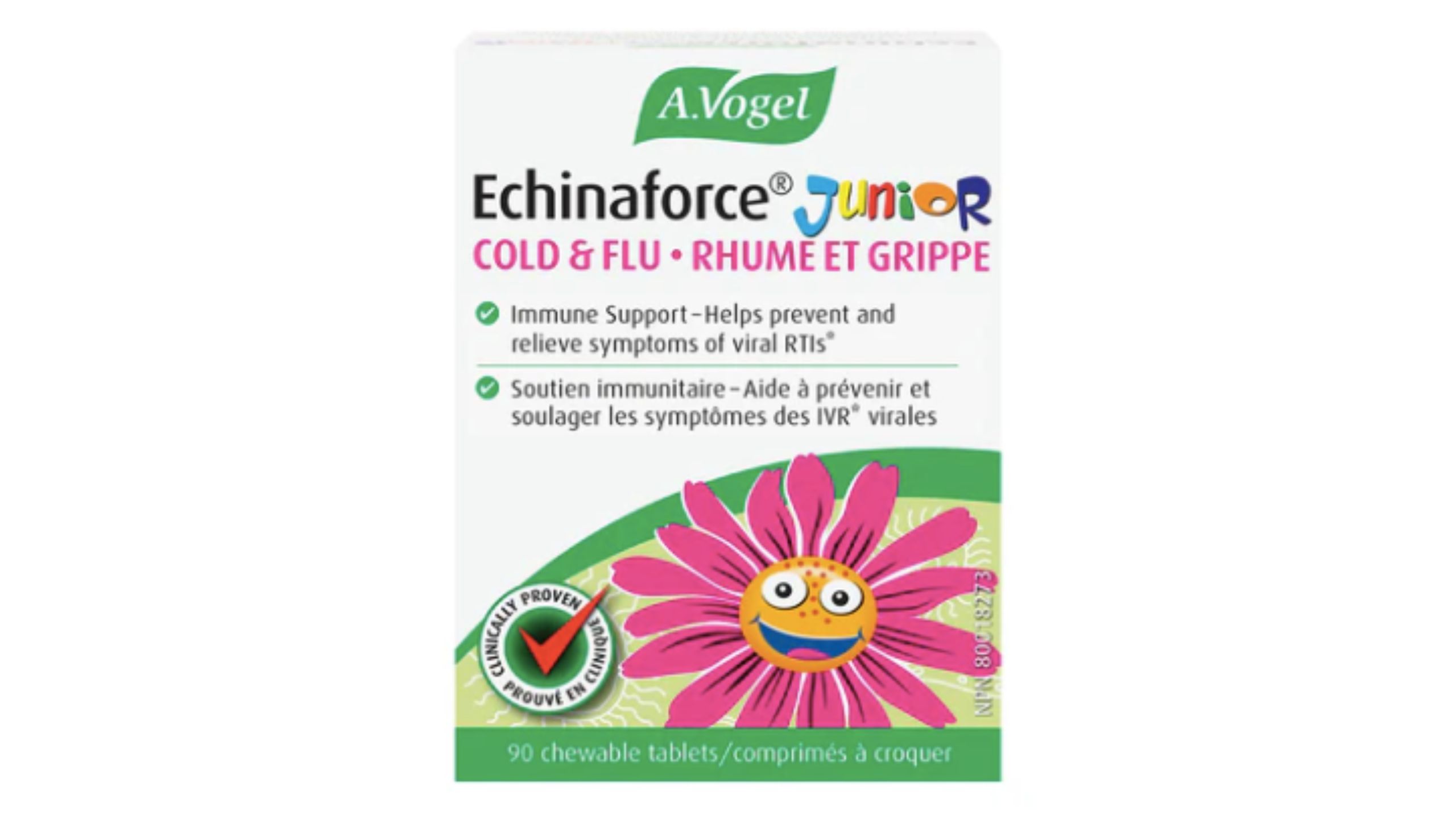Dealing with the common cold and flu is inevitable during the back-to-school season, but what do we do when the “common” turns out to be more complicated? A staggering 30 percent of all children’s viral respiratory tract infections (RTIs) evolve into bacterial complications such as pneumonia or sinusitis.1 This often means a more difficult road to recovery and relying on one of medicine’s most misunderstood “fix-all” remedies: antibiotics.
The Antibiotic Problem
Antibiotics, which kill off and inhibit bacterial growth, burst onto the mainstream healthcare scene shortly after penicillin’s life-saving discovery in 1928 and its subsequent role in World War II. But in the decades since, the "antibiotic revolution” craze has begun to slow as we’ve learned more about their potential drawbacks.
Overprescriptions
The U.S. Centers for Disease Control and Prevention (CDC) estimates that at least 30 percent of antibiotic prescriptions are unnecessary, with many patients receiving them for viral conditions that can clear up on their own. Antibiotics only treat bacterial infections, but the intent behind unnecessary prescriptions is often to act on the “safe side” while waiting on further evidence of a true bacterial infection, as some RTI symptoms can be mistaken for more serious conditions. Understandably, concerned caregivers often hope to alleviate symptoms more expediently, especially for young children in obvious pain and distress.

Unfortunately, frequent trips to a doctor with this well-meaning approach can eventually lead to antibiotic (or antimicrobial) resistance, where bacteria that were once responsive to conventional medicines develop resistance through repeated exposure. That means when children do need the extra help to fight off a dangerous infection, antibiotics are less effective at keeping it at bay. This issue has become so pervasive that the World Health Organization (WHO) recognizes antimicrobial resistance as a top public health threat.
Gut Health
The roots of the word antibiotic translate to “against life,” and this couldn’t be truer when it comes to its devastating effects on the diverse microbiome, which plays a pivotal role in our digestive and immune health. As antibiotics can’t distinguish “good” vs. “bad” bacteria, entire populations of essential gut diversity are often wiped out in the wake of a single treatment.
Afterwards, the first sign of trouble in gut paradise often shows up as digestive issues–alongside diarrhea and constipation, up to half of children taking antibiotics experience stomach upset as a side effect. Excessive use of antibiotics has further been linked to everything from greater susceptibility to illnesses, to autoimmune disorders and chronic skin conditions. Some studies even suggest that early-life exposure to antibiotics may be linked to lifelong microbiome dysregulation and poorer health outcomes in general.
The Healing Power of Echinacea
Although experts now urge healthcare providers and patients to view antibiotics as a last resort rather than a quick-fix for every cough and fever, RTIs remain the leading cause of antibiotic prescriptions, largely due to their frequent development into secondary bacterial infections.2
Luckily, nature offers a solution that’s been clinically proven to prevent the occurrence and severity of RTIs–and the need for antibiotics too. Echinacea has a long history as an herbal “cure all,” but exciting new research has provided new insights into its antiviral might against RTIs.

An extensive 2024 meta-analysis of 15 authors concluded that taking echinacea can significantly reduce the demand for antibiotics by preventing RTIs, relapses, and secondary bacterial complications. Examining the results of 30 clinical trials and over 5,000 test subjects, researchers found that echinacea ultimately reduced participants’ need for antibiotics by 40 percent, and could cut downtime related to antibiotic use by 70 percent.
According to Dr. Owen Wiseman, ND, these findings could be a game changer. “It’s an exciting time for herbal medicine as echinacea leads the way in demonstrating the power of plants in health and wellness. This meta-analysis not only highlights the plant’s efficacy but also its potential to transform how we approach common illnesses and immune health at large.”
Echinaforce Junior: An Antibiotic Antidote
We don’t have to take chances when it comes to our little ones’ wellbeing during cold and flu season. When turned to at the first sign of symptoms, Echinaforce Junior harnesses the power of Echinacea purpurea to help the immune system fight off RTIs for speedier recovery times, less severe symptoms, and a decreased risk of secondary bacterial infections. Armed with an official “antiviral” label from Health Canada, Echinaforce Junior’s chewable tablet has been shown to outperform even vitamin C in clinical trials and reduce the need for antibiotics by 76 percent in children with RTIs. Its vegan formula is also free of problematic allergens like lactose, gluten, and dairy.

We can’t escape the cold and flu season, but with more awareness of antibiotics’ health risks and more natural solutions at our fingertips, we can help support our kids’ immune systems for greater resilience, and fewer trips to the doctor too.
References:
-
Ogal, Mercedes, et al. "Echinacea reduces antibiotic usage in children through respiratory tract infection prevention: a randomized, blinded, controlled clinical trial." European Journal of Medical Research 26 (2021): 1-9.
-
Gancitano, Giuseppe, et al. "Echinacea Reduces Antibiotics by Preventing Respiratory Infections: A Meta-Analysis (ERA-PRIMA)." Antibiotics 13.4 (2024): 364.







